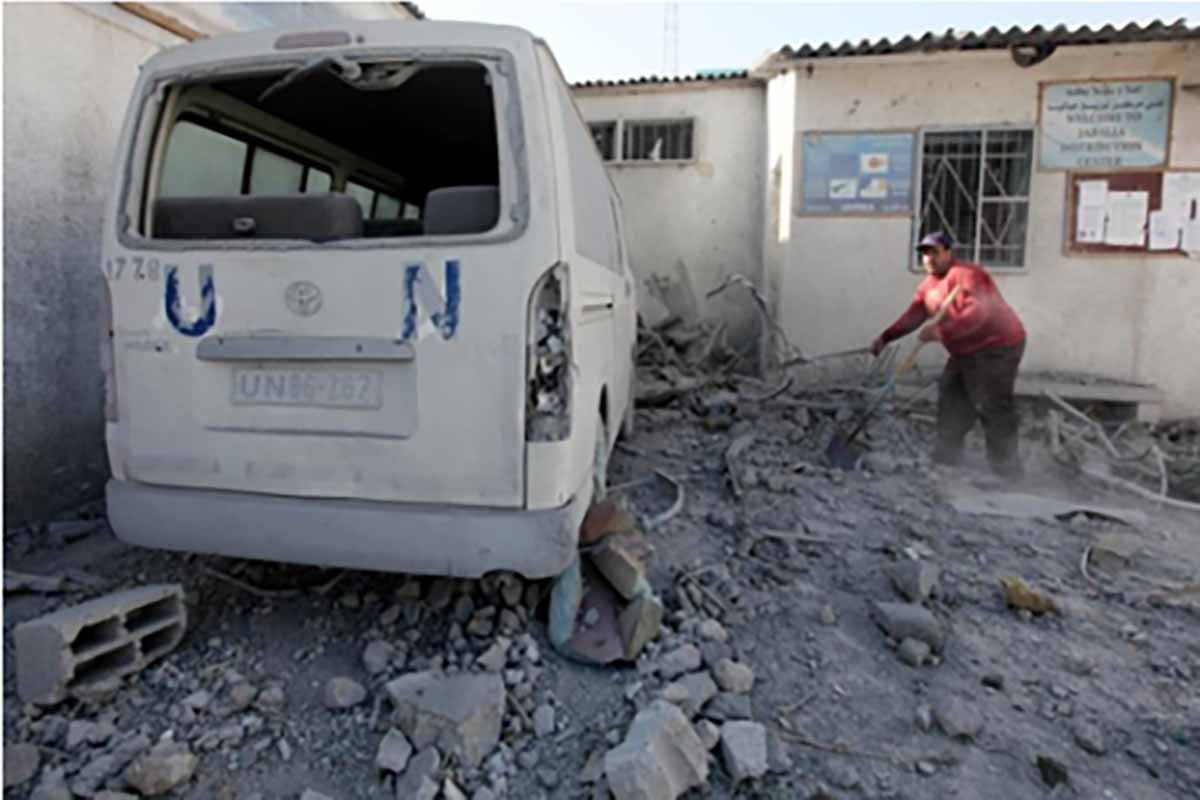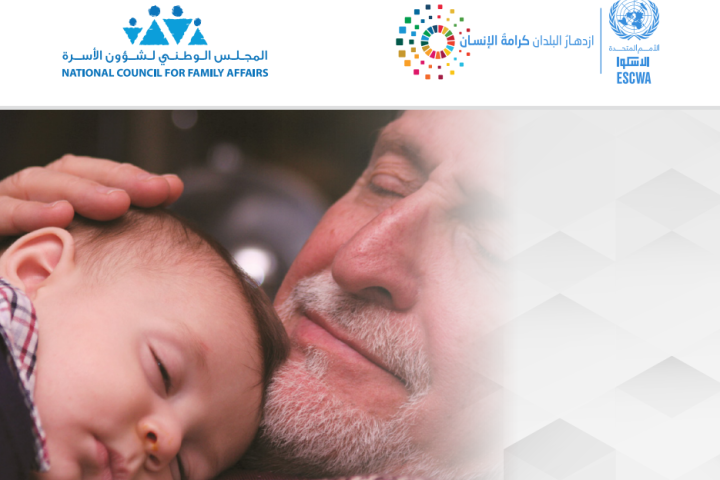On 19 July 2013, ESCWA Director of the Emerging and Conflict-Related Issues Division Tarik Alami presented to the UN Economic and Social Council the Note of the Secretary-General on the economic and social repercussions of the Israeli occupation on the living conditions of the Palestinian people in the Occupied Palestinian Territory, including East Jerusalem, and the Arab population in the occupied Syrian Golan, which is prepared by ESCWA on yearly basis.
“Israel had been implementing policies that discriminated against Palestinians in a manner equated to de facto segregation, including establishment of two separate legal systems and sets of institutions, one for Israeli settlers and another for Palestinians living under occupation,” he said.
Discrimination also extended to planning and construction. Palestinians were forced to build without permits and consequently faced the threat of demolition of property, he added. Alami noted that Israel revoked the residency status of more than 250,000 Palestinians between 1967 and 1994 from the West Bank and the Gaza strip and was still doing so in East Jerusalem. Israel continued to use disproportionate use of force against Palestinians. Its security apparatuses continued to deny thousands of Palestinian prisoners, including children, many of their rights and utilized practices that amounted to torture.
Israel’s systematic use of administrative detention amounted to a policy of arbitrary detention which prompted hunger strikes by Palestinian prisoners throughout 2012. Forced displacement of Palestinians continued due to Israel’s practices and policies, including the policy of home demolitions. According to the Note, the settlements and Israeli policies regarding them amounted to the illegal transfer of its population to an occupied territory and appeared to reaffirm Israel’s intention to maintain control over these territories. Unabated, settler violence and intimidation against Palestinians had been increasing with the aim of forcing Palestinians off their lands.
The International Court of Justice concluded that the wall and its associated regime were illegal and that Israel had to dismantle it and provide reparations. Still, the 708 kilometre wall continued to be the single largest obstacle to movement for Palestinians who faced daily obstacles and humiliation during their daily movements. Economic growth in the West Bank and Gaza strip continued to be unsustainable and restricted by the policies of the Israeli occupation.
More than 40 per cent of Palestinian households were classified as food insecure or vulnerable to food insecurity. Alarmingly high rates of anemia in Palestinian children and pregnant women were recorded. Israel continued its de facto annexation policies in the Syrian Golan, as well as discrimination of the population. This included restrictions on building permits, essential services and water allocation, especially for irrigation. The Note concluded that in addition to social and economic impact, the prolonged occupation violated United Nations resolutions and international law and should not be allowed to persist with impunity. All efforts should be exerted by the international community to ensure the implementation of United Nations resolutions and international law, and support initiatives that seek to end Israeli violations in the occupied territories. Upon the conclusion of the presentation, representatives of around 25 member countries, including the State of Palestine, the Syrian Arab Republic and Israel made official statements in response to the Note. Furthermore, the representative of Fiji introduced a draft resolution, on behalf of the Group of 77 and China, as well as Turkey on the agenda item related to the Note, which was consequently adopted by the Council, by a roll-call vote of 43 to 2, with 1 abstention.
The resolution demanded that Israel ceases its violations. It also requested the SG to submit this note the General Assembly and present a report to the next Substantive Session of the Economic and Social Commission in 2014.




